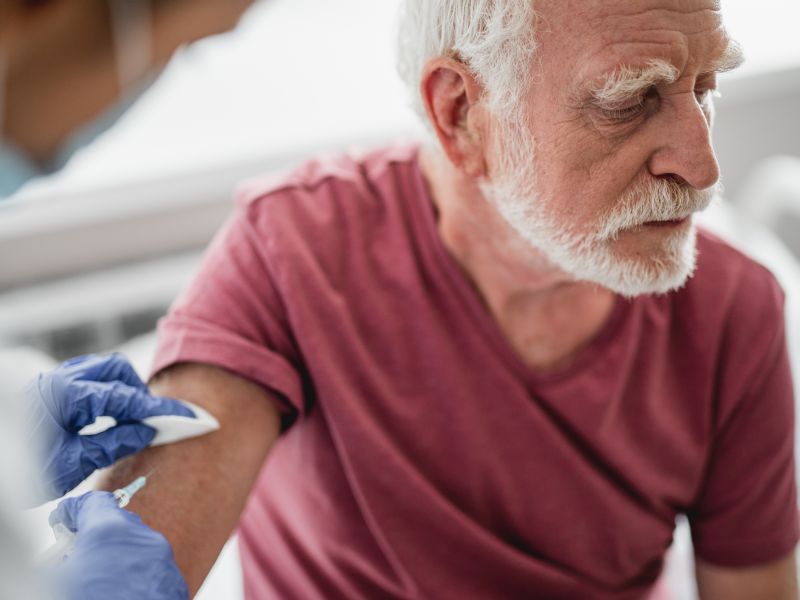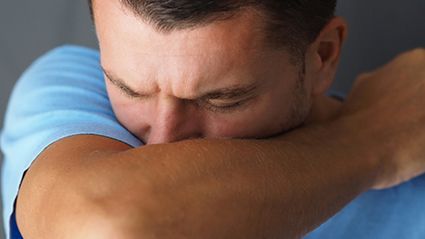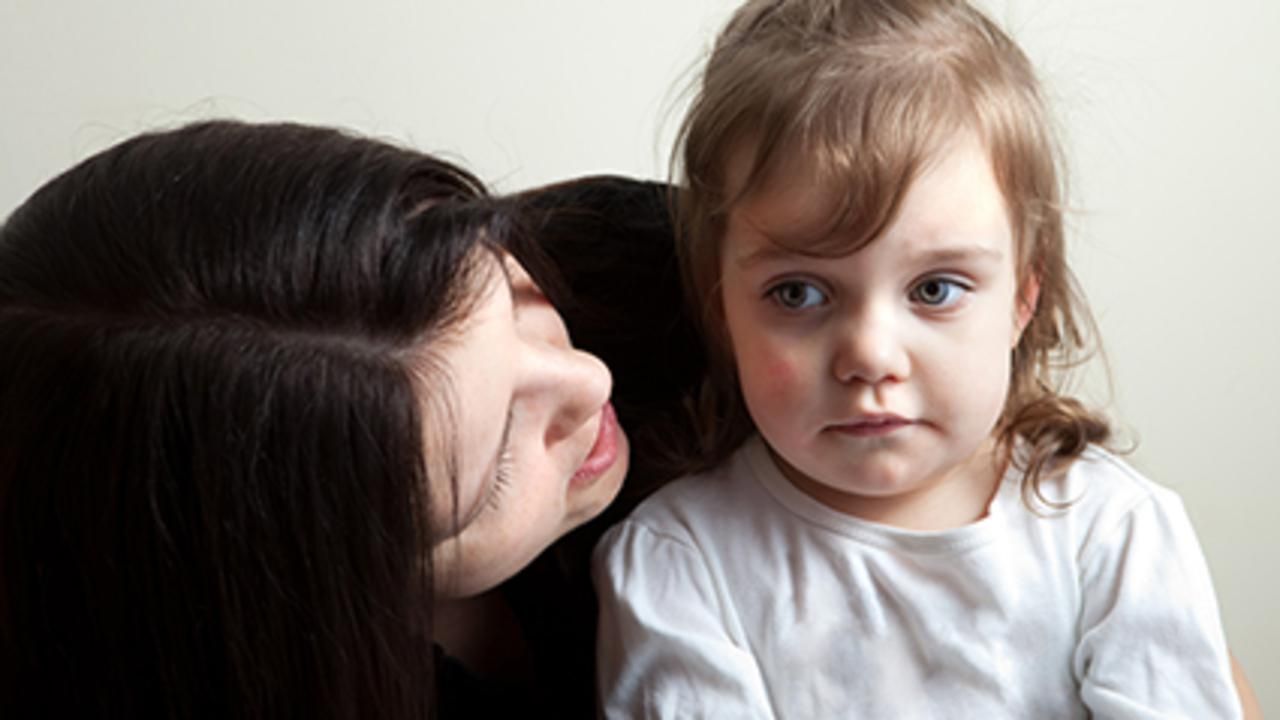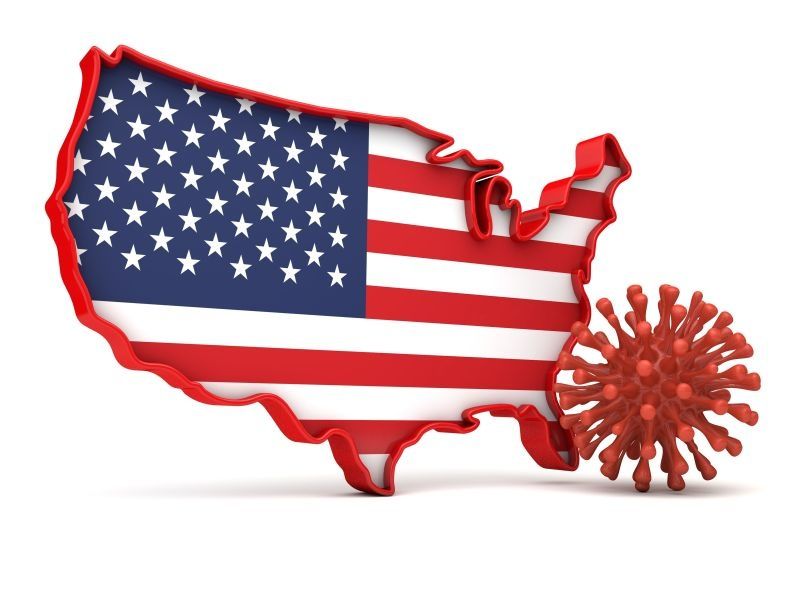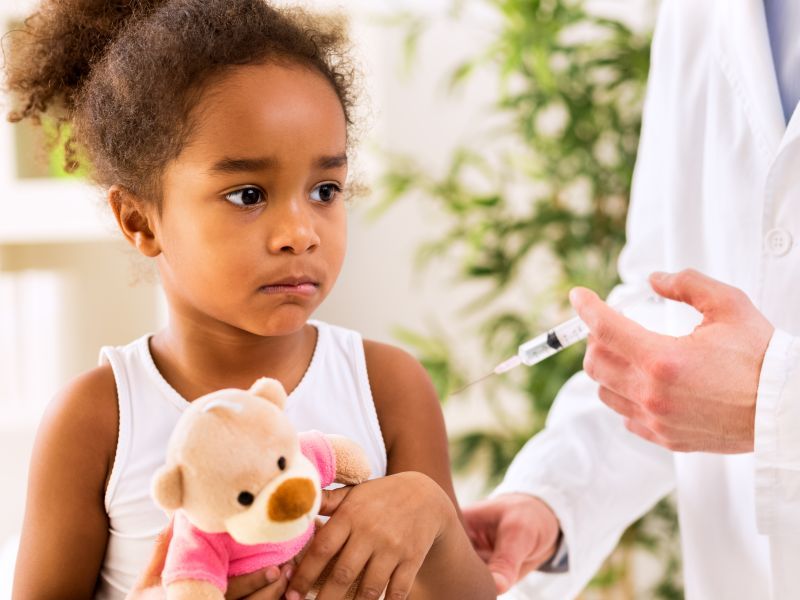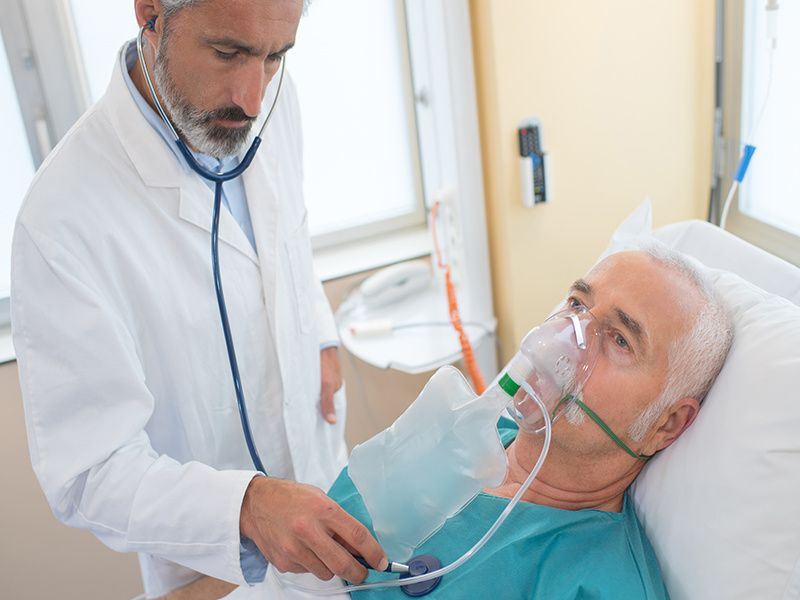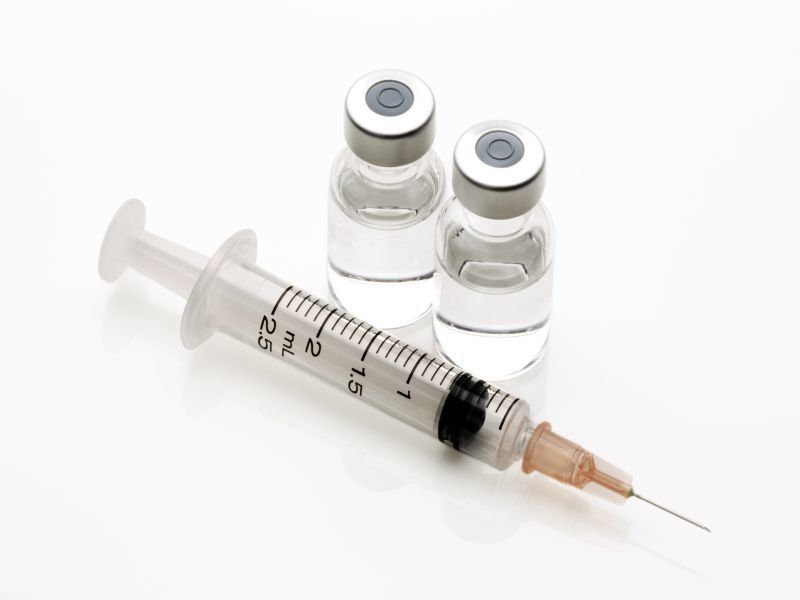
It’s a link few might have considered, but a new study indicates that climate change may have prompted the COVID-19 pandemic. Rising temperatures caused by greenhouse emissions have boosted the growth of bat-friendly forest habitat in China’s southern province of Yunnan and neighboring areas, making the region a hotspot for bat-borne coronaviruses, the researchers explained.… read on > read on >











